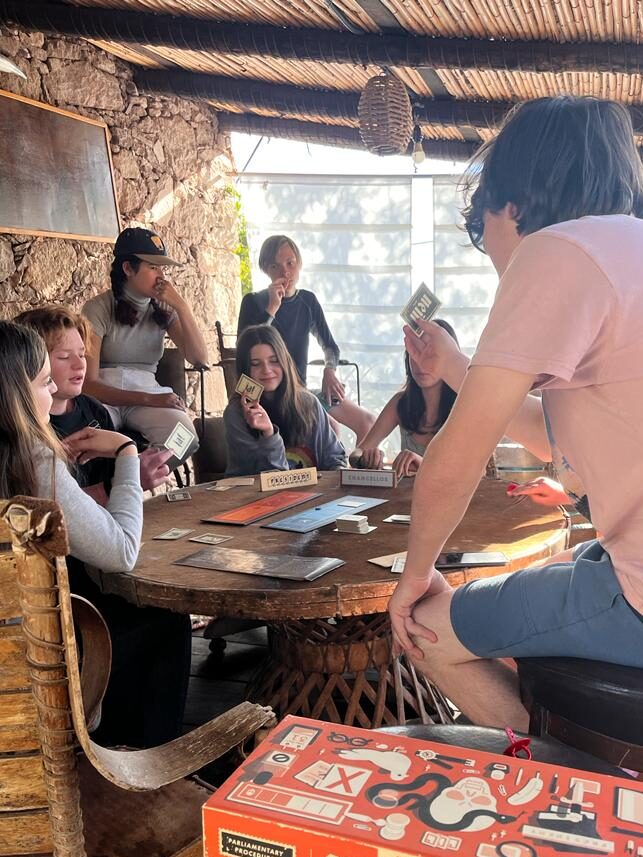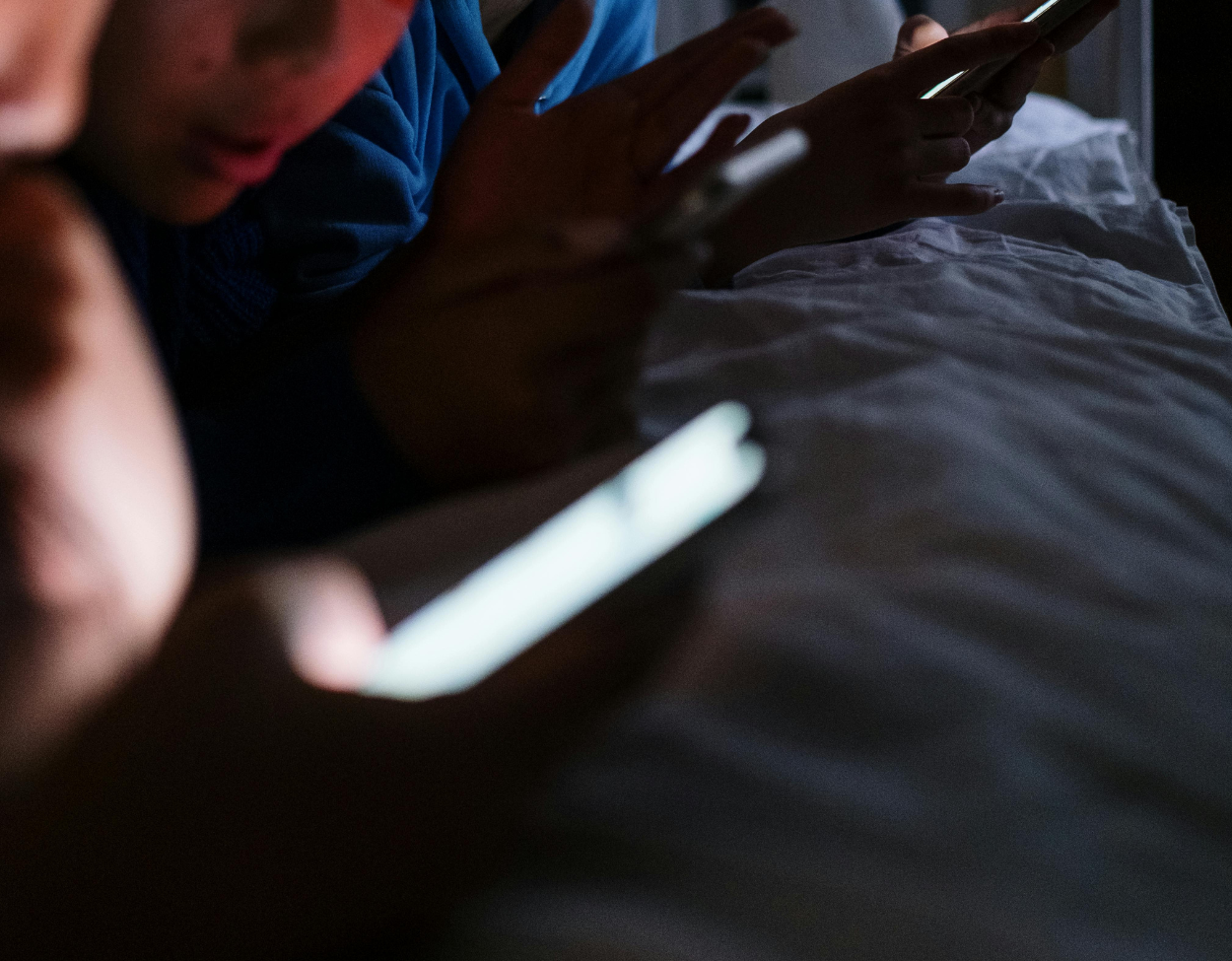Have you ever noticed how a plant grows toward the light? It doesn’t need to be told – it naturally bends toward what nourishes it. Our teens are similar. They don’t need to be told to put down their phones; they need to experience something more nourishing that naturally draws them in.

The Mirror Effect
Here’s a truth that might be hard to swallow: our teens are mirroring our own relationship with technology. When we constantly check our phones during conversations, respond to every notification during family time, or scroll through social media while our teen is trying to tell us about their day, we’re teaching them powerful lessons – just not the ones we intend.
Think about it: every time we choose our screen over our teen, we’re unconsciously telling them:
– That whatever is on our phone is more important than they are
– That partial attention is acceptable in relationships
– That constant digital distraction is normal
Our teens aren’t just learning how to use technology from us – they’re learning their own worth and what they should expect from relationships. If they grow up experiencing distracted, partial attention as normal, that’s what they’ll accept in their friendships, their romantic relationships, and ultimately, how they value themselves.
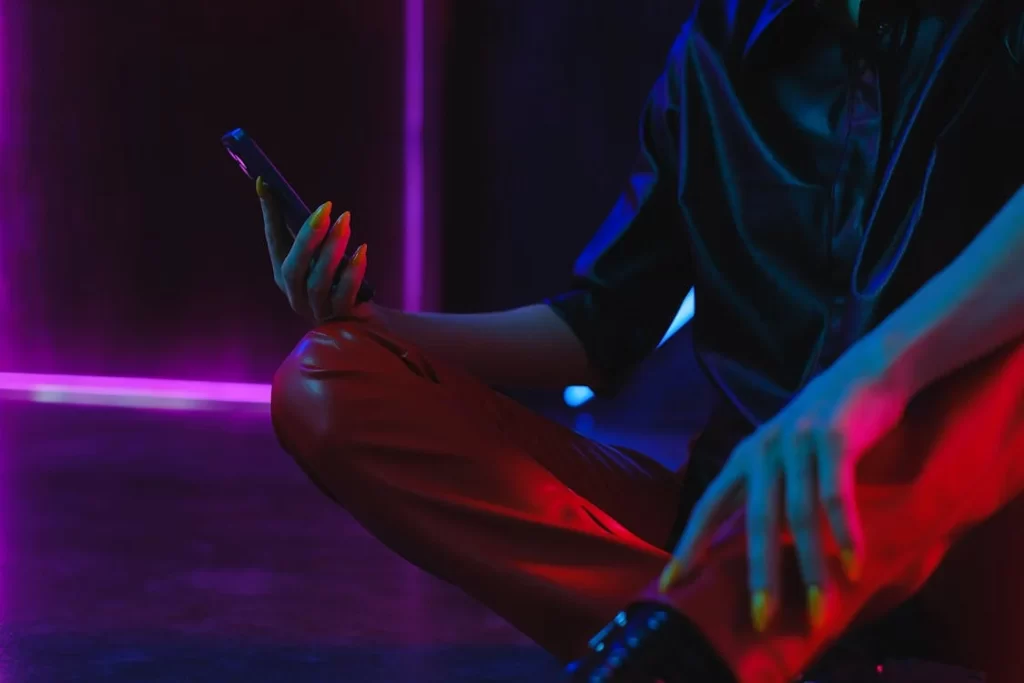
The Nervous System Connection
When we’re truly present with another person – making eye contact, actively listening, fully engaged – something remarkable happens in our nervous system. We regulate each other. We ground each other. We create a sense of safety and connection that no digital interaction can match.
This isn’t just feel-good theory – it’s neuroscience. When we’re fully present with our teens, we’re:
– Teaching their nervous system what genuine connection feels like
– Showing them they’re worthy of undivided attention
– Creating a baseline for what relationships should feel like
– Helping them develop the capacity for deep connection

Moving Beyond “Do as I Say”
We can’t expect our teens to value presence if we’re not modeling it ourselves. Instead of telling them to put down their phones, we need to show them why being present is worth it. This means:
1. Start with Ourselves
– Put our own phones away during conversations
– Create tech-free zones and times in our homes
– Practice active listening when our teens speak
2. Make Presence Rewarding
– Engage fully in activities together
– Share genuine laughter and eye contact
– Create moments of connection that feel better than any social media interaction
3. Create a Culture of Presence
– Make meal times sacred spaces for connection
– Have regular one-on-one time with each teen
– Encourage and participate in face-to-face activities
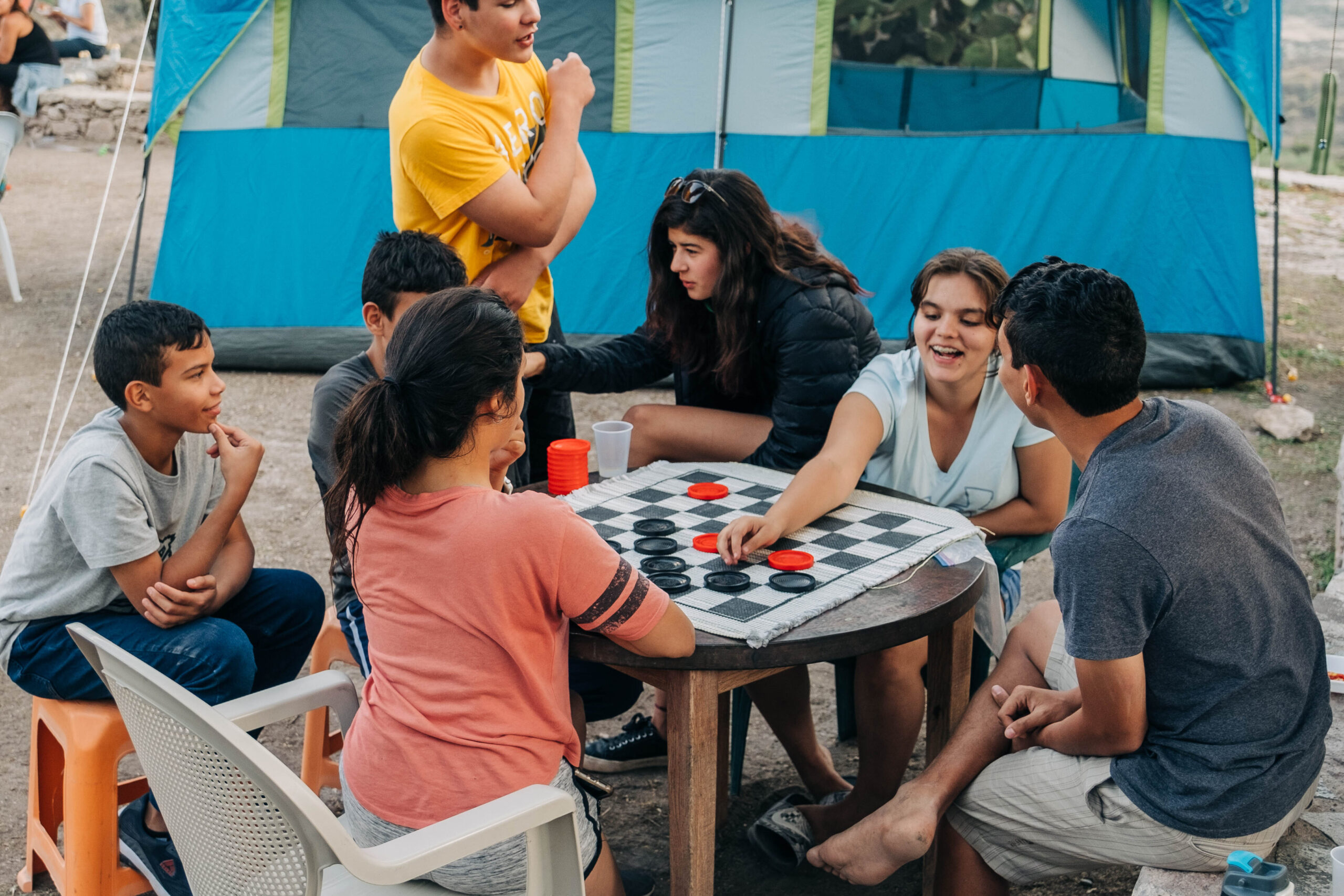
The Subconscious Shift
The beautiful thing about this approach is that it works on a subconscious level. Instead of fighting against screen time, we’re creating experiences that naturally draw our teens toward real connection. When they regularly experience the feeling of being truly seen, heard, and valued, they begin to:
– Recognize when digital connections feel hollow in comparison
– Seek out more meaningful interactions
– Value their own presence and attention more highly
– Expect deeper connections in their relationships
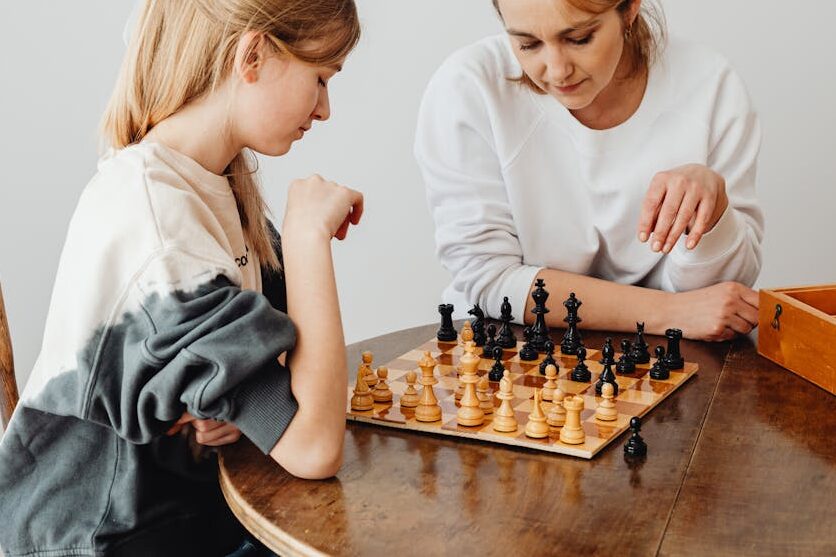
Making the Change
Start small. Maybe it’s putting your phone in another room during dinner. Maybe it’s having a “phones off” family game night. The key is consistency and authenticity. When our teens experience the genuine joy and connection that comes from being fully present, they often naturally begin to make different choices about their own screen time.
Remember, this isn’t about perfection. We’ll all have moments when we fall back into old patterns. The important thing is to keep coming back to presence, to keep showing up fully, to keep demonstrating through our actions that real connection matters.
Because ultimately, we’re not just teaching our teens about healthy technology use – we’re teaching them about their worth, about what they deserve in relationships, and about the profound power of genuine human connection.
What small step could you take today to be more present with your teen? The impact might be greater than you think.
